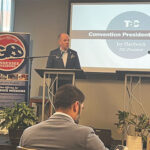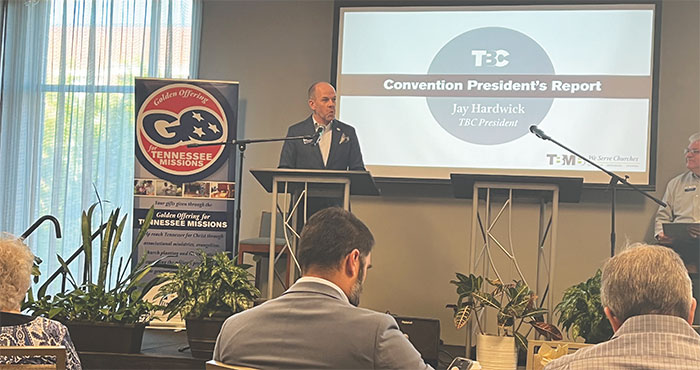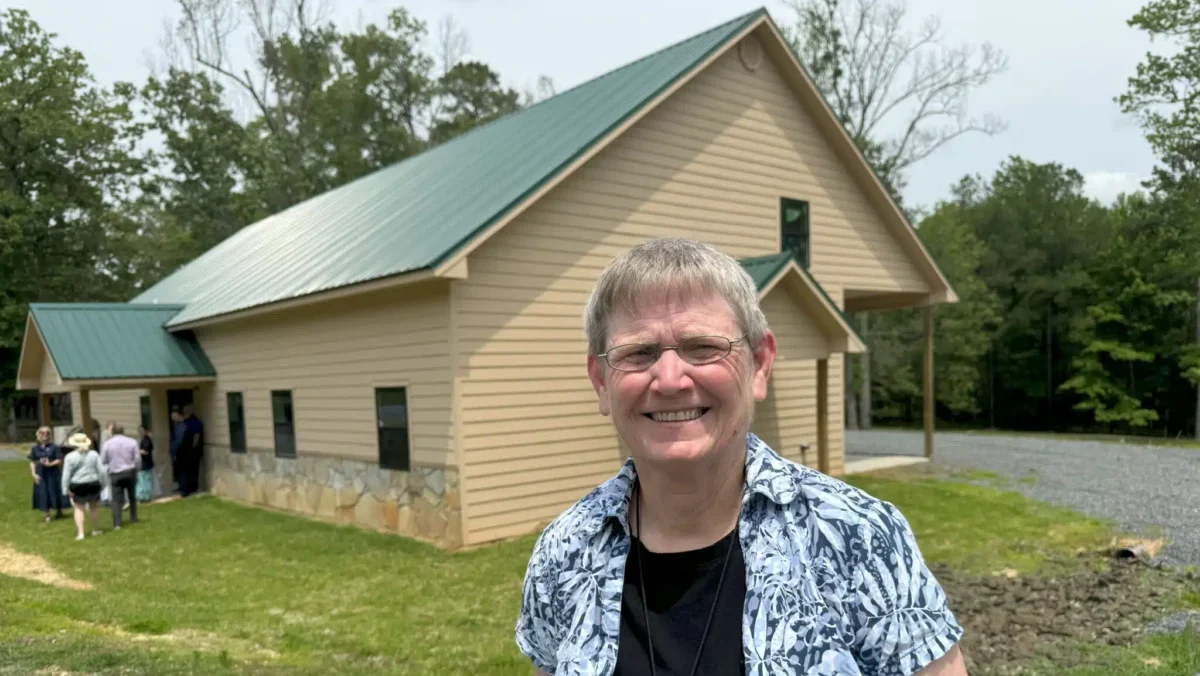Nathan, chairperson of the pastor search committee for a neighborhood church with a wonderful history that was now struggling to survive, asked to speak with me before I met with his full team.
He wanted to know, “If we close this church and sell the facilities, can we divide the money among the membership?”
“Only if you want to go to prison,” I said with a laugh.
I was in shock he did not know about this legal issue regarding church nonprofit organizations.
All proceeds must go to a nonprofit such as another church or a foundation.
Over the past three decades, Nathan has held only a few leadership positions in his church. He had never led a committee or team and received no training in how to lead a church. Now he was one of the few leaders remaining.
All-too-common response
I told the team I could spend time helping them understand the current and future dynamics of churches like theirs.
“No,” they responded. “We just need to find a pastor.”
This is an all-too-common response. They did not understand the value of using the time between pastors to make key spiritual and strategic decisions.
Where do laypeople learn how to lead churches?
The typical layperson is clueless about the complexities of congregational life and how to provide leadership during crucial hinge points.
They may be wonderful Christians, delightful people, faithful church members and successes in their marketplace vocations. But they may not know how to provide insightful leadership focused on embracing God’s plans for their churches.
It is not their fault.
Churches and denominations fail to provide enough leadership development for laypeople. Program, ministry and activity instruction is available. Instruction on how to lead a complex spiritual and social movement — a congregation — is seldom provided, much less the legal and business aspects of churches as they differ from secular organizations.
No leadership development certification process exists for laypeople. Even if it did, none is required in our Baptist congregational polity.
Local denominational organizations — Baptist associations in this case — can provide contextualized lay leadership certification. The purpose? To develop competency in church leadership.
Laypeople are around for a generation or more, whereas many pastors and staff are around for an average of fewer than seven years. Long-term laypeople influence their churches more than pastors and staff.
What is needed in one association will be different from what is needed in another. The laws and policies of government agencies can differ from state to state. Resources available in one context are not available in another.
Laypeople not competent in the unique leadership skills needed to navigate a church into God’s future do one of two things.
They either repeat the patterns of the past because that is all they know, or they seek to control the church through a committee or team on which they serve.
No one has shown them a better way. No proactive leadership development process is available to them.
Associations can develop a lay leadership certification process.
The leadership certification process of many chambers of commerce models this type of leadership development.
The process would be voluntary regarding the participation of churches. However, at certain hinge points in the life of a church, such as when it is between pastors, it could be strongly encouraged.
Certification is best if offered simultaneously to laypeople from multiple churches. Seeing how other churches engage in essential processes can add value to the learning experience.
Show various choices
The goal would not be to train people in one right way to provide competent, compassionate and challenging leadership in their churches. It would be to show various choices, models and case studies for vital and vibrant congregational leadership.
The process should also respect the unique leadership patterns of each church. Participants can research the leadership and management processes of their own churches and bring these as case studies to the certification process.
The process would affirm what each church is doing well and build on it to improve its spiritual and strategic journey.
The goal? To create exceptional leaders among key laypeople in every willing congregation.








